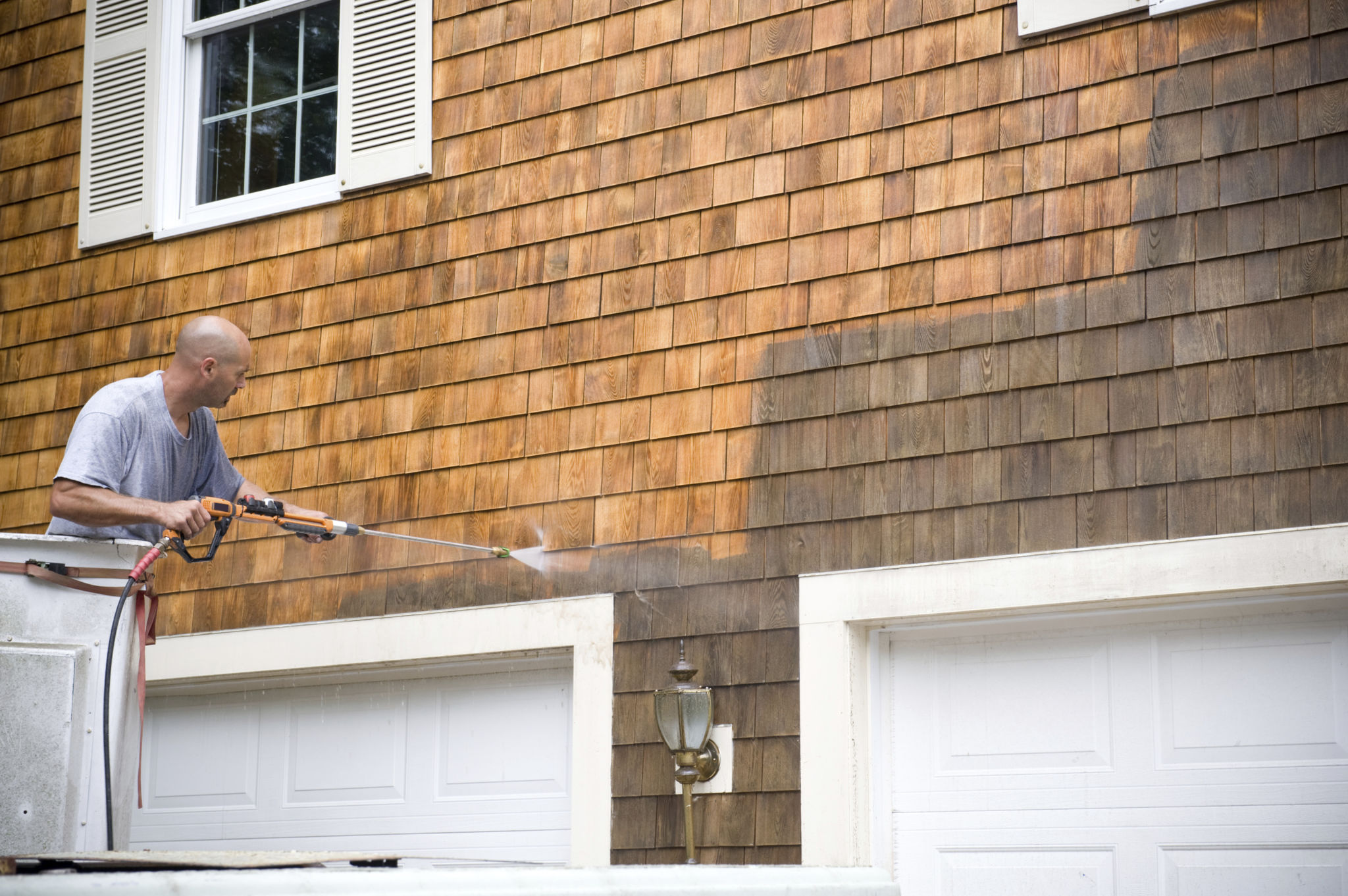Power Washing vs. Pressure Washing: Which is Right for Your Home?
Understanding the Basics: Power Washing vs. Pressure Washing
When it comes to maintaining the exterior of your home, cleaning methods like power washing and pressure washing often come into play. Although these terms are frequently used interchangeably, they have distinct differences. Understanding these differences can help you choose the right method for your home.

What is Power Washing?
Power washing uses heated water to clean surfaces. The combination of high pressure and hot water makes it especially effective in removing tough stains, grime, and even mold. This method is ideal for surfaces that can withstand high temperatures without damage, such as concrete driveways and sidewalks.
What is Pressure Washing?
Pressure washing, on the other hand, relies solely on high-pressure water without the use of heat. It is effective for cleaning dirt and debris from surfaces such as wood decks, patios, and outdoor furniture. This method is gentler than power washing and suitable for materials that can't handle the intense heat.

Key Differences Between Power Washing and Pressure Washing
- Temperature: Power washing uses hot water, while pressure washing uses cold water.
- Applications: Power washing is more suited for heavy-duty tasks, whereas pressure washing is ideal for lighter cleaning jobs.
- Surfaces: Power washing is great for hard surfaces like concrete, while pressure washing is better for softer surfaces like wood.
Choosing the Right Method for Your Home
When deciding between power washing and pressure washing, consider the type of surface you need to clean and the extent of the dirt or stains present. If you're dealing with stubborn stains on hard surfaces, power washing might be the way to go. However, for routine cleaning of more delicate materials, pressure washing is often more appropriate.
Safety Considerations
Both power washing and pressure washing require careful handling to avoid damage to your property or personal injury. It's important to follow the manufacturer's instructions and use appropriate safety gear. If you're unsure about handling the equipment, hiring a professional service could be a safer option.

Environmental Impact
Consider the environmental impact of your cleaning method as well. Power washing may consume more energy due to the heating element, while pressure washing uses less energy but more water. Opt for eco-friendly detergents if needed and ensure that runoff doesn't contaminate local water sources.
Cost Considerations
The cost of power washing can be slightly higher due to the added expense of heating water. Pressure washing tends to be more economical but may require additional time if dealing with tough stains. Weigh these costs against your specific cleaning needs and budget to make an informed decision.
Conclusion: Making the Right Choice
Ultimately, both power washing and pressure washing have their own set of advantages. The best choice depends on your specific cleaning requirements and the surfaces involved. Keep these considerations in mind to maintain your home's exterior effectively and safely.
